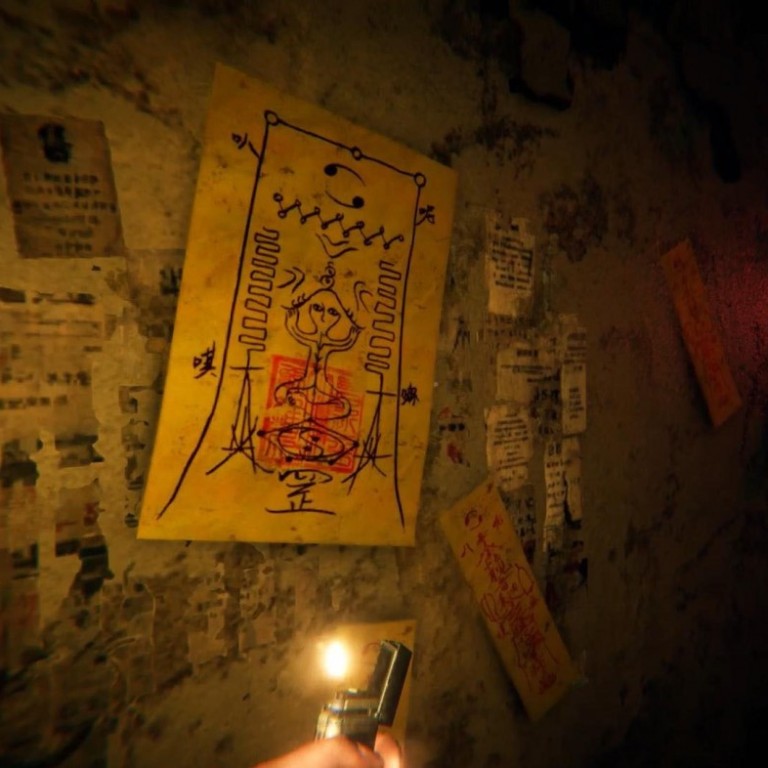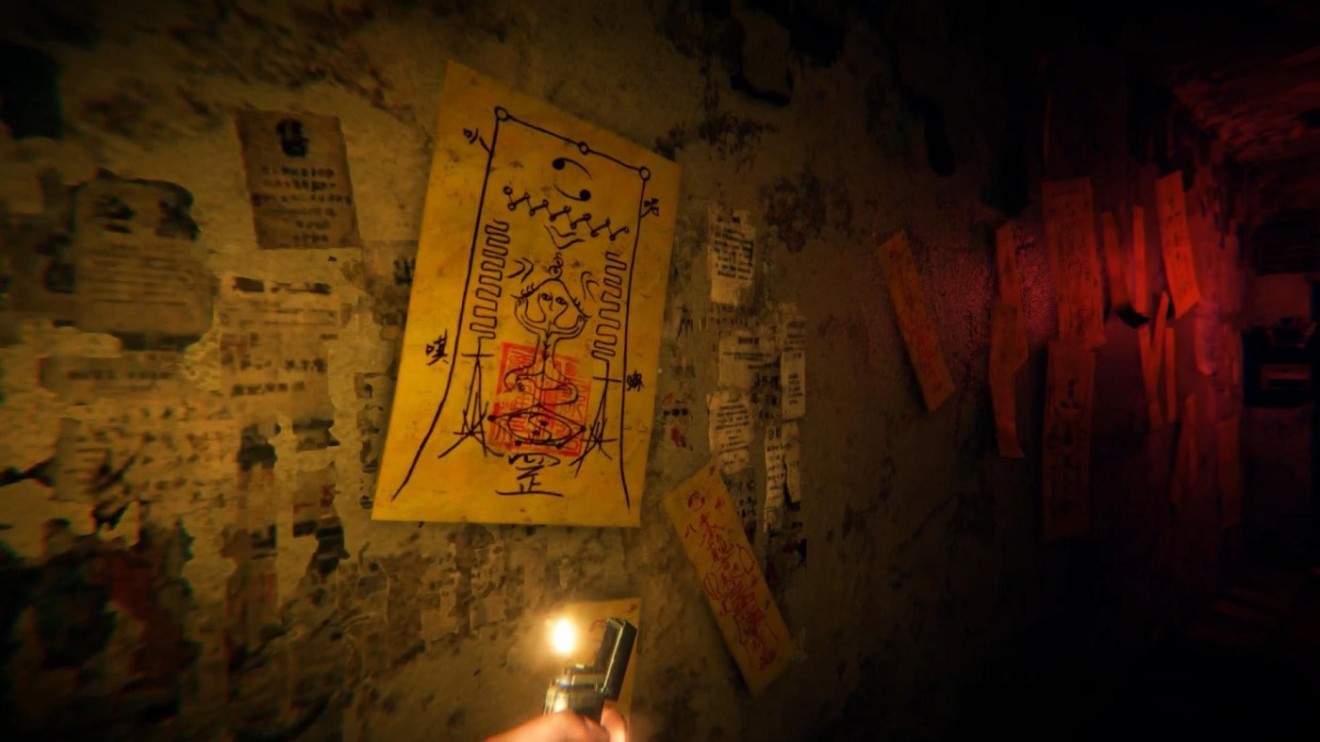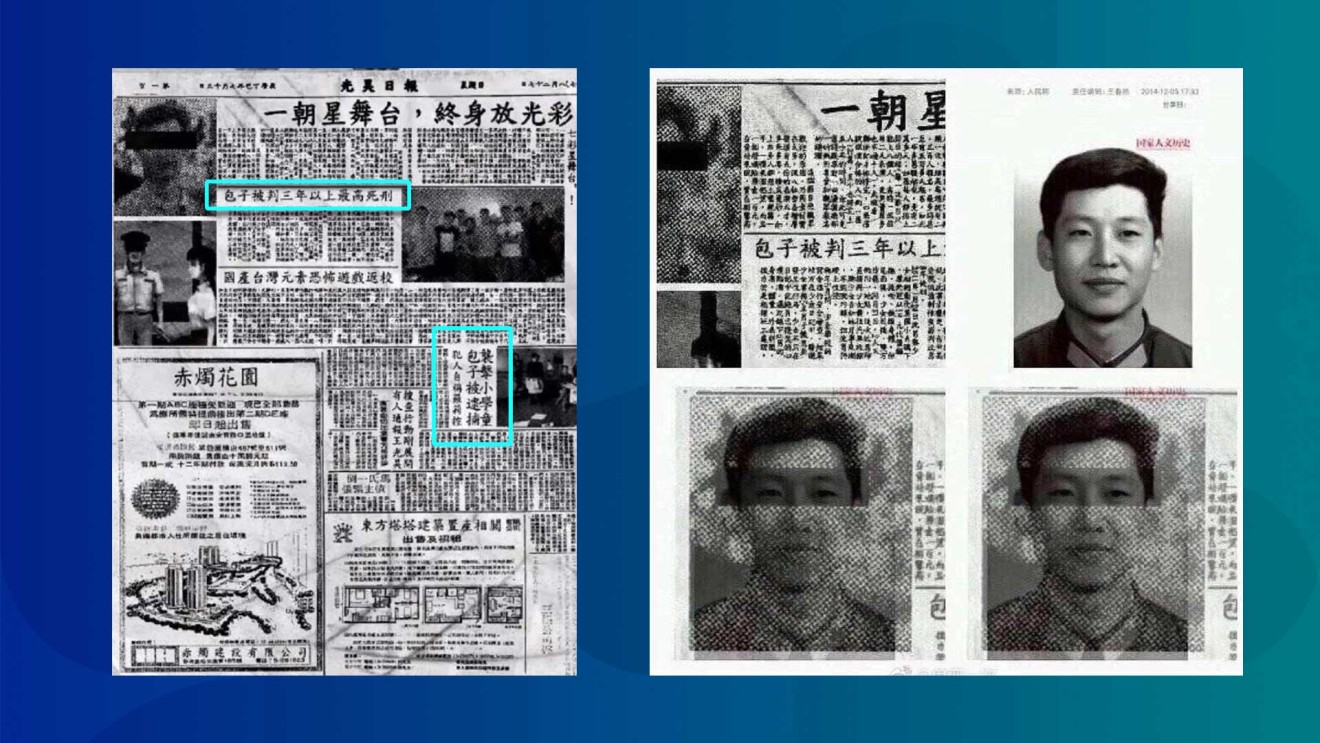
Taiwanese game pulled from Steam after being banned in China
Chinese gamers are furious after finding insults directed at Xi Jinping in the horror game Devotion
UPDATE: Devotion has been pulled from Steam worldwide.
In just a few days, Devotion has gone from being the hottest game in China to the most hated, after players found hidden insults directed at China’s President Xi Jinping in the Taiwanese-made game.
There are over 30 million Steam users in China, almost a third of its total users. And the power of those users is easy to see: Last year, two of the biggest games on Steam were entirely in Chinese.
But that all changed after gamers found a hidden message in the game, with the words “Winnie the Pooh Xi Jinping moron” on it.

The moron bit is pretty obvious, but Winnie the Pooh is also seen as offensive. It’s a nickname or meme used to mock Xi, for the apparent resemblance between China’s President and the cartoon bear. Winnie the Pooh is often banned on Weibo, and the film Christopher Robin -- about the bear’s creator -- wasn’t shown in China.
How Weibo became China’s most popular blogging platform
And it might not be the only reference to Xi in the game. Gamers also highlighted a couple of newspaper headlines. One says “Baozi was sentenced to more than three years in prison” and the other “Baozi arrested for attacking children.”
Baozi literally means bun. But it’s also a nickname for Xi, because he’s reportedly a fan of steamed buns. (It’s also an insult, given the respective rounded shapes of both buns and Xi himself.)

Devotion is no longer searchable on Steam in China. Plenty of articles written about the game have also disappeared from websites, WeChat and other social platforms. Both developer Red Candle Games and its distribution partner for mainland China have apologized, and the distributor has distanced itself from the developer.
But if anything, the controversy has only seemed to fuel Devotion's sales. (We've reached out to Red Candle Games for an official sales number, and will update if we get one.)
Just like Hollywood, many game developers are trying to endear themselves to China to take advantage of the huge new audience there. In the case of Devotion, it seems like doing the opposite can also be good for sales.
For more insights into China tech, sign up for our tech newsletters, subscribe to our Inside China Tech podcast, and download the comprehensive 2019 China Internet Report. Also roam China Tech City, an award-winning interactive digital map at our sister site Abacus.

